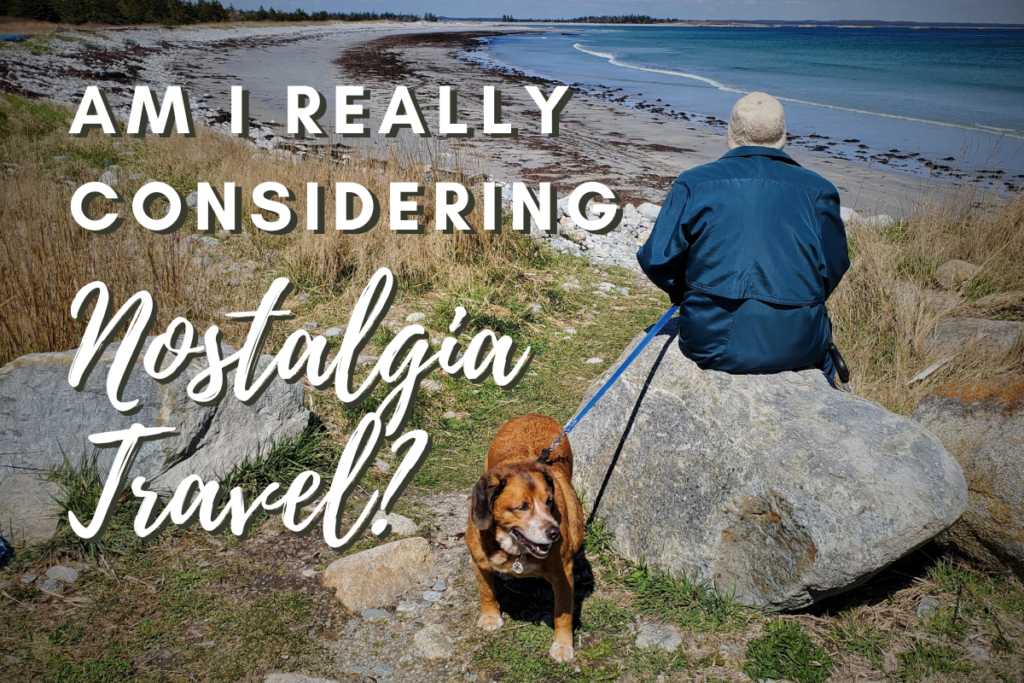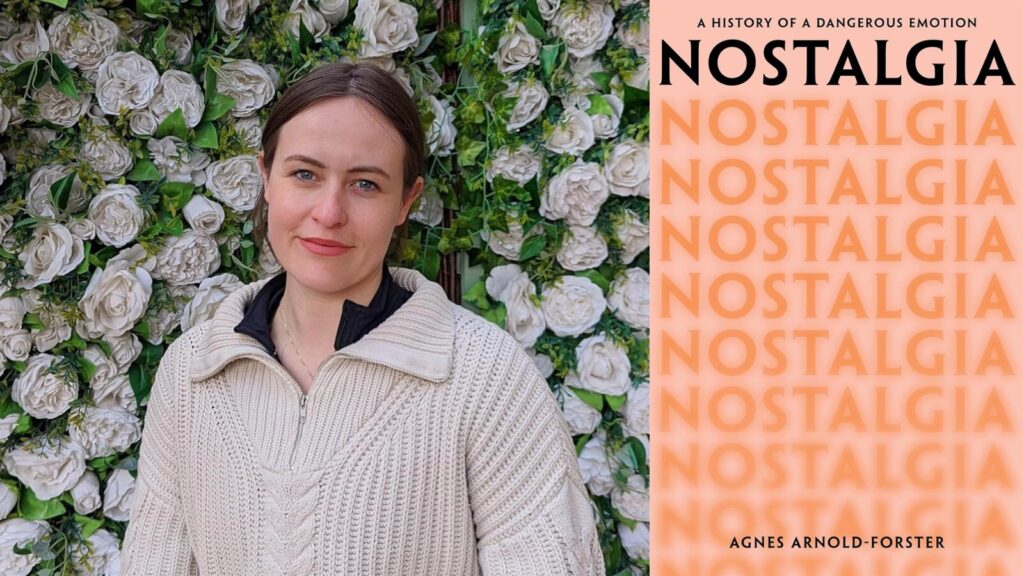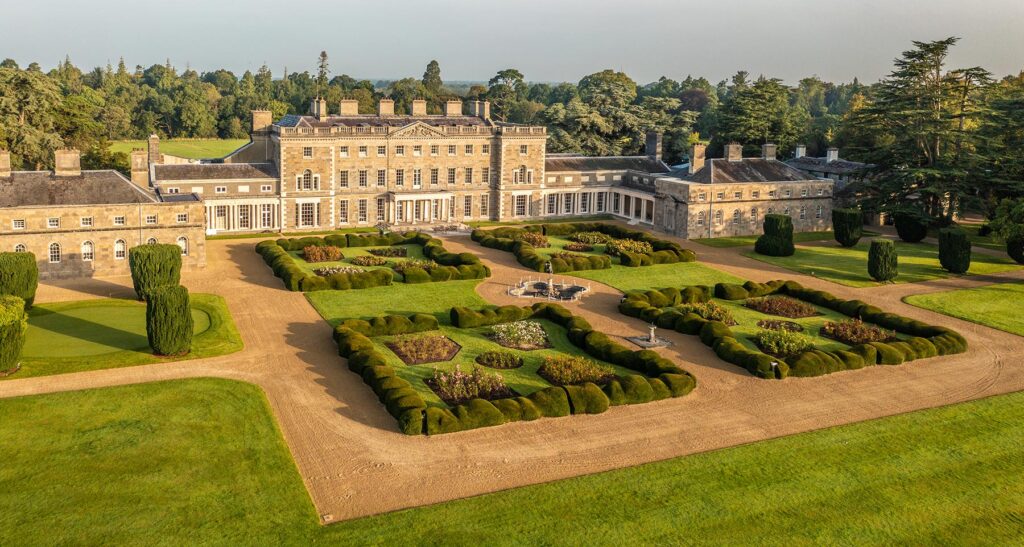
Am I Really Considering Nostalgia Travel?
My Mum died in July 2023. My Dad predeceased her by about 17 years. Both had lived in Nova Scotia, Canada since the late 1980’s although that is not where we are from. Previously as a family we lived in the province when I was in high school. My undergraduate degree is from Mount Allison University in neighbouring New Brunswick. Halfway through my degree program, my parents relocated for five years to Germany, followed by a stint in Ottawa before returning to “Canada’s Ocean Playground”.
I moved away from the Maritimes in 1979 but still feel a strong connection to the region and especially Nova Scotia. All in all, my family resided in Upper Sackville near Halifax, Musquodoboit Harbour on the Eastern Shore and Dartmouth, across the harbour from Halifax. Living on the Prairies it was easiest for me to say “Nova Scotia” when asked the question of where I was from. Easier than the real answer which is South Africa and requires much more explanation.
I was with my mother when she passed away and came home soon after. This April was the first time I returned, to start putting the house where she lived on the market and other estate matters. I found the return much tougher than expected.

Nostalgia for Nova Scotia
For decades I visited Nova Scotia once, twice or three times a year. Some stays were short, others one, two or three weeks. Sometimes I stopped over for a few days to or from Europe. When my father was ill, I was able to spend four months there.
Travel is in our family’s blood, perhaps beginning with my great grandfather becoming a silk merchant in Japan. My parents were huge travellers. Once my father could no longer travel, my Mum and I began taking a major international trip each year, along with my regular visits down east. We went back to South Africa a couple of times, many places in Europe, Belize, Bahamas, a Panama Canal cruise, Tunisia, Jordan and even Syria just before the war started. With her declining health and the restrictions of the pandemic, we switched to shorter stays in Nova Scotia. In the last few years we hung out in Barrington Passage on the South Shore, Ingonish on Cape Breton Island, White Point also on the South Shore and Berwick in the Annapolis Valley plus a few excursions to Prince Edward Island.
Flying into Nova Scotia and grieving my mother, I started thinking of all these places where we had been together, as well as the places I visited with both parents and on my own. I remembered:
- Walks on Martinique Beach and hikes at Taylor Head Provincial Park
- Stopping at vineyards after visiting the Evangeline church of Grand Pré
- Amusing myself while my Mum enjoyed spinning retreats or visited fibre farms
- Taking the ferry at le Harve and having coffee with a weaver there
- Waking the dog at Rainbow Beach and along the Trans Canada Trail
- Hearing the noon gun from Halifax Citadel
- Relishing a lobster roll at Halls Harbour
- Cycling up then back down the Cabot Trail from Chéticamp
- Camping near the beach in Cape Breton Highlands National Park and falling asleep to the rhythmic roll of stones carried with the waves and tides
- Timing a trip to stop at our favourite chowder spot on the Eastern Shore
I still remember the first time I landed at Halifax International Airport. I was 15 years old and we were moving there after 2.5 years living in Kuala Lumpur, Malaysia. Before KL we lived in northern Ontario, which I loved. I was so excited to see the forests of Nova Scotia as we landed. I already felt at home. Landing in April 2024 was also emotional. I felt immense affinity to the place but so sad that major connections were now gone.
I resolved to revisit many of the locations I associated with my parents and my own experiences in Nova Scotia. It seemed a way to seek solace in movement, geography, and memories. A way to honour my parents and the places they loved. I started thinking of it as my nostalgia tour.

Understanding nostalgia
Just as I was contemplating all of this, a story popped up on the Guardian newspaper in the UK. Agnes Arnold-Forster has just published Nostalgia: A History of a Dangerous Emotion and offers a précis in the Guardian article. She roots the article in her personal experience and provides a short history of the emotion.
Nostalgia was first coined as a term and used as a diagnosis in 1688, by Swiss physician Johannes Hofer. Derived from the Greek nostos (homecoming) and algos (pain), this mysterious disease was a kind of pathological homesickness. It caused lethargy, depression and disturbed sleep. Sufferers also experienced physical symptoms – heart palpitations, open sores, and confusion. …
As the 20th century dawned, nostalgia loosened its grip on the medical mind, parted ways with homesickness and morphed into, first, a psychological disorder and, then, into the relatively benign emotion we know today. While they no longer considered nostalgia a physical sickness, early psychoanalysts still had little patience for the nostalgics they encountered on their couches. …
It wasn’t until the 1970s that these views softened. Today, psychologists believe nostalgia is a near-universal, fundamentally positive emotion – a powerful psychological resource that provides people with a variety of benefits.
Nostalgia has entered the political realm. Arnold-Forster contends that both left-wing and right-wing politicians and voters hark back to past times. Nostalgia seems to be a particularly potent force for populists. These movements are, as she puts it, criticized for being overly white and overly male and the “preserve of those who are retrograde, conservative and sentimental”. In his book Age of Revolutions: Progress and Backlash from 1600 to the Present, Fareed Zakaria writes:
In fact, our seemingly unprecedented moment also constitutes a revolution in the other sense of the word, a nostalgic desire to roll back to where we began. Radical advance is followed by backlash and a yearning for a past golden age imagined as simple, ordered and pure. This is a pattern we see throughout history: aristocrats pined for knightly chivalry even as the gunpowder age dawned; Luddites smashed machines to try to hold back the industrializing future; and now politicians are touting family values and promising to turn back the clock, to make their countries great again.
This is definitely not the form my nostalgia is taking. Mine is more about sweet memories and celebrating the people who are gone by doing what they loved so much – travelling.

There is a thing called nostalgia travel
A taxi company in Oxford England operates under that name as does a tour operator on the island of Kos in Greece. Wanderlust & Nostalgia is a company that will publish your travel memory book. I found a couple of hotels with blog posts exhorting guests to return and recreate their favourite family holidays. Retro or throwback architecture is making a return – newly opened hotels and resorts recreate the experience of the 1950’s or 60’s. Be sure to wear your vintage clothing. Check into Carton House in Kildare, Ireland and stroll the gardens imagining that you are back in the 1700’s. St. Pancreas Renaissance Hotel London opened in 1873 and portions of the hotel retain the High Victorian Gothic style, including selected suites and one of the restaurants. Also in London and elsewhere you can find hotels with a Roaring Twenties vibe. Or travel to New York City this June and August for the Jazz Age Lawn Party to bring out your inner Jay Gatsby.
There are many excellent reasons to travel. Nostalgia, in whichever form is relevant to you, qualifies. Sifting through memories as I begin planning the trip to Nova Scotia seems as delightful as actually walking on Martinique Beach once again. And maybe it’s time for a visit back to Kuala Lumpur – it’s been 50 years since we left. Some good memories there too. It might be fun to see all the advances and changes with a touch of familiarity.